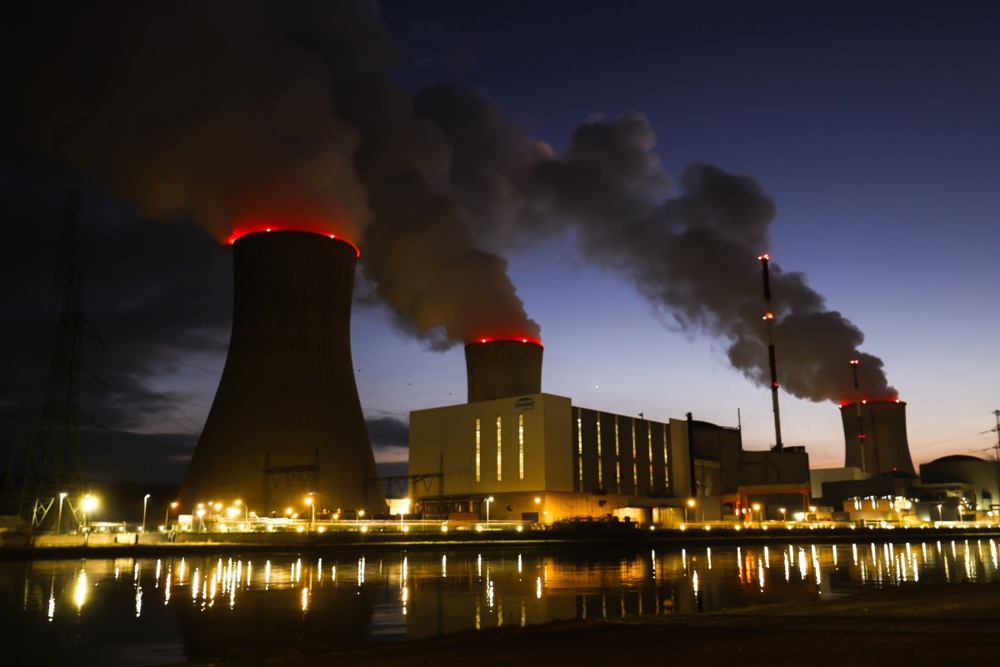German vehicle manufacturer Audi has said it would shut its factory outside Brussels by the end of February next year, media outlets in Belgium have reported.
Authorities in the European Union de facto capital had hoped another investor would save the facility, despite the ongoing cost competitiveness issues plaguing western Europe.
Such a saviour has yet to appear, with Flemish newspaper HLN reporting that the plant would now close on February 28 next year.
The announcement was reportedly expected. Unions representing the approximately 3,000-strong workforce had already shifted attention to securing an exit strategy for its members.
A system of split shifts was already put in place for January to prevent early lay-offs before the plant’s full closure.
Audi was said to still be in talks with two separate groups about the plant, with officials from the manufacturer insisting that — while it was abandoning the factory — it may continue to operate in the future under a different firm.
Those working within the facility appeared less hopeful.
“There is nothing left now. We still had a few alternatives on the table that we wanted to check, but there is no potential in them either, it turns out,” trade union member Ronny Liedts reportedly told Flemish media.
“Personally, I don’t have much hope anymore. I think we should mainly try to work out a social plan for our employees, and then it’s the end of the story for Audi Brussels.”
German multinational BASF is sparking a heated debate about degrowth and deindustrialisation after saying it wanted to sell its production facilities in its home country to cut back on costs and secure its competitiveness. https://t.co/1PY0Hq8VCb
— Brussels Signal (@brusselssignal) May 28, 2024
The Belgian factory produces just one model of car, the Audi Q8 e-tron 4×4 and the sportback version. Its sales have been on the decline in recent months, matching the poor performances of EU-manufactured electric vehicles more generally.
Still, the plant’s closure pales in significance to the potential disaster looming for the automotive sector in neighbouring Germany.
A combination of EU “green” prohibitions on the production and sale of new combustion-engine cars, combined with a collapse in the bloc’s manufacturing competitiveness due to high energy costs, have reportedly put nearly 200,000 jobs at risk.
At the centre of the crisis is Audi-owner Volkswagen. The car giant was reportedly said to be planning to shut three of its German factories over problems with EU regulations and energy costs, while also scaling down production in its remaining plants.
VW workers will see their pay decrease by around 18 per cent overall, in an attempt by the company to stem costs.
German multinational car giant Volkswagen has announced dramatic austerity measures as the company struggles with declining sales and revenue. https://t.co/0666ICYt1j
— Brussels Signal (@brusselssignal) October 29, 2024





